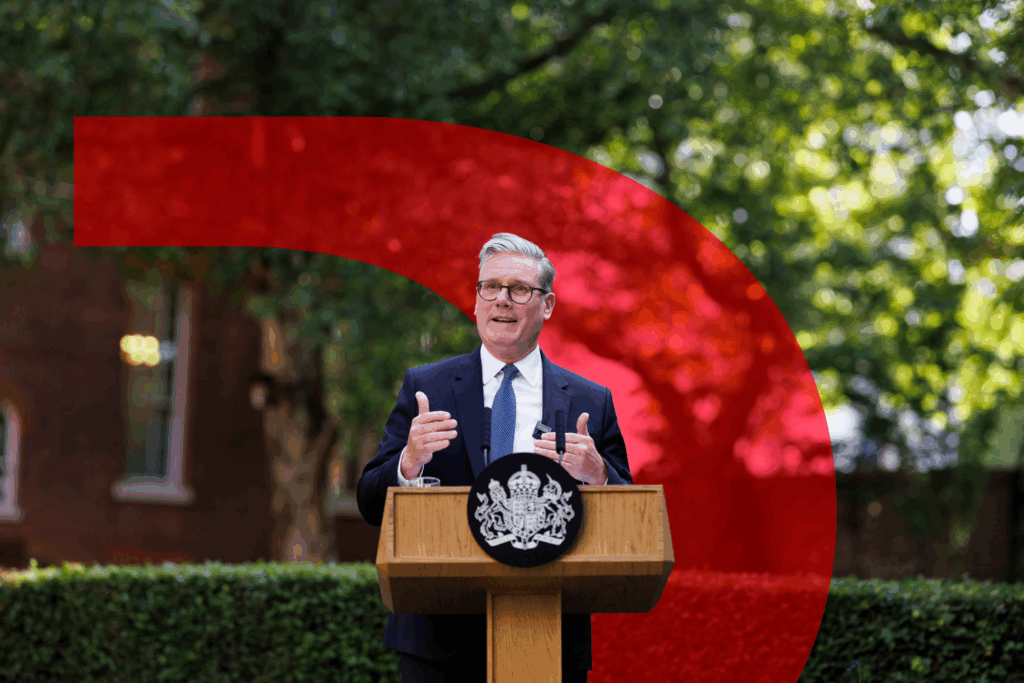Britain’s Number 1 political blogger Guido Fawkes – AKA Paul Staines – answers our questions.
Courts, companies and Ministers have threatened to censor or even close down blogs and social networks over the last couple of years. What’s your message to them?
They won’t be successful because of the distributed nature of social media. Trafigura tried in the Courts and got slaughtered on Twitter, in fact it became a bigger cause celebre as a result. Ryan Giggs will regret listening to lawyers for ever. If you have done wrong, take your bad publicity medicine, right the wrong. Don’t try and censor the reporting, however painful.
You were quick to see the potential of blogging, but took a while to get on board with the Twitter phenomenon – how do you think the platforms work together, and do you see any other new media emerging?
I famously said Twitter was a fad that would pass back in 2008 (when incidentally I still signed up). I just didn’t get Twitter until I got it on my phone. For 2 years I used it as a headline feed to broadcast headlines from the blog with hyper-links. Harry Cole who works for me on the blog has Tweetdeck fired up on a big screen constantly and it is our newswire. I now engage in pundit-to-pundit combat on Twitter, get plenty of abuse from the left-leaning twitterati, occasionally gain something useful and of course it is nowadays a big driver of traffic. Twitter is also a phenomenal waste of my time. I’ve learnt not to drink and tweet late at night – the hard way.
You’ve been playing an active part in the new e-petitions which will force Parliament to debate popular proposals. What is the future for political campaigning online?
Very open ended question. Big myth of political campaigning is that you can go viral for free. That only happens if you are (a) politically sexy (b) controversial (c) Justin Bieber or Lady Gaga. I was involved in the AV Referendum campaign on the digital side and can write a treatise on the necessary underlying architecture of digital campaigning. The superficial side is easy, the tracking and identification of supporters, swing voters and neutralising of opponents comes from marketing dark arts. I haven’t done much work on my e-petition and I suspect it is a government gimmick despised by MPs, consequently I am not convinced that it will lead to real debates in parliament.
Blogs have risen in prominence as old media have struggled to make ends meet. With many papers now using paywalls, is blogging a viable business model?
Political blogs are starting to be viable – in the U.S. they are lucrative. If you view them as a platform for other work, they are already key to professional viability. Order-Order.com has more readers than the New Statesman, and makes a profit on a six figure turnover when you include stories sold to the tabloids. Harry freelances for other publications as well and probably has a higher profile than journalists a decade older than him. Iain Dale built his mainstream media career off the back of his blog and there are plenty of blogs in different fields that make money. I should declare that I have a financial interest in the blog advertising network MessageSpace, so I would say that. MessageSpace pays out thousands to bloggers every month and paywalls can only benefit the free-to-air rivals we represent.
What does the future hold for the BBC, with more people taking their news through the internet?
The BBC with the licence fee tax waterfall has been able to build an impressive online offering which undercuts and crowds out for-profit rivals. Part of the reason we don’t have a thriving US style internet culture of innovation is because the BBC sucks up talent into the cultural monolith and is a barrier to entry for potential private sector rivals in almost any market you care to name. Personally I would like to see the BBC shrunk from regional broadcasting in the future to allow space for local media organisations to grow. Technology has diminished barriers to entry for new music and disintermediated the recording industry. BBC Radio 1, 2, 4 and 4 don’t need to be in the state sector they could be privatised and survive on advertising quite easily. The TV channels should go subscription, Virgin and Sky show it works, Having young children my price point for advert-free CBeebies would probably equal the cost of the licence fee. I think the idea of a state sanctioned and privileged broadcaster is a bit creepy, nor do I like the BBC’s anti-business, anti-profit internal culture which stems from it being a not-for-profit organisation, that is a cultural cost for Britain.
How do you rate the digital comms of the political parties, and where are they lagging behind?
In the general election MessageSpace was retained by the Conservative Party to do tactical digital campaigns so I got to appreciate their thinking. They saw it very much as a brand marketing problem and approached it in that fashion. They focused on building up the email list, which I think is massively under-rated as people focus on shiny new things like Twitter and Facebook. Labour were noisy on Twitter but were very much preaching to the choir, the Tories used political blogs to reach political activists and solicit donations. The LibDems went viral with “I agree with Nick” but too late and too little thought out, probably because it was genuinely spontaneous. The next general election will be more sophisticated and digital will be “baked in” from the start far more deeply.
Do you think blogs are or will become a trusted news source, given the polarised politics and personal voice they tend to use?
I think people underestimate the ability of the general public to see through bullshit and bias. They know where the Guardian is coming from, where Guido is coming from, and they use the news to inform and colour their own prejudices. Polling shows that blogs are more trusted than newspapers, particularly when there is a sense of connection. My guess is that the majority of Guido’s blog readers (the “co-conspirators”) trust him more than the editor of the Guardian or BBC News. People buy and read that which confirms their prejudices.
Have you ever felt bad about running a story?
Yes, more than once. We ruin people’s reputations, that is a power to be used sparingly. We have an internal editorial ethics system. When presented with difficult editorial dilemmas we ask ourselves “What would Kelvin do?” (MacKenzie)
Which scalp are you most proud to have hanging on your wall?
Doing in Damian McBride was doing the Lord’s work.
Which do you dislike more – lobbyists or the Parliamentary lobby?
A choice between the fire and the frying pan, one undermines democracy and the other fails democracy.
Can you see yourself ever standing for Parliament?
I am unfit for public office, though that has not stopped half the Members of Parliament.
Guido Fawkes writes at www.order-order.com and is Total Politics’ Number 1 UK Political blogger.






